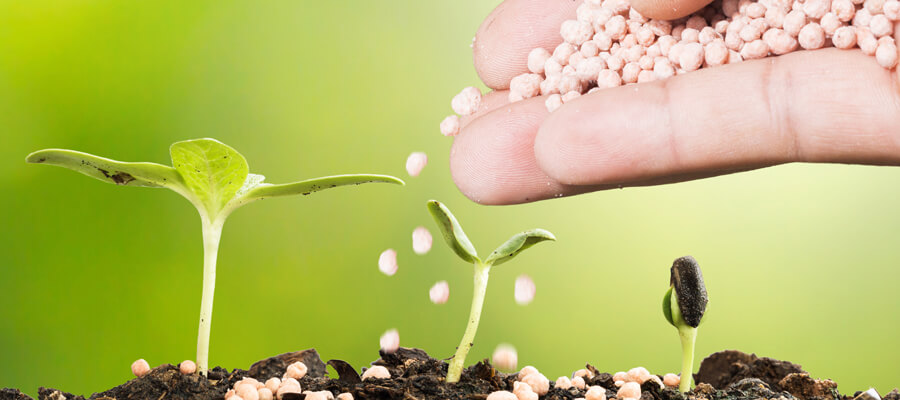Fertilizers are essential to modern agriculture and home gardeners alike, helping both increase crop yields and improve soil fertility. However, these fertilizers can pose significant risks to pets, particularly when applied improperly or used excessively. We will discuss the dangers of fertilizers to pets and what pet owners can do to protect their furry friends.
- Chemical Exposure
Fertilizers contain various chemicals that can be toxic to pets if ingested, inhaled, or absorbed through the skin. For example, some fertilizers contain nitrogen, phosphorus, and potassium, which can cause digestive problems, respiratory issues, and skin irritation. Fertilizers may also contain other toxic substances, such as pesticides, herbicides, and fungicides, which can be even more dangerous to pets. - Accidental Ingestion
Pets are curious creatures, and they may accidentally ingest fertilizers that have been applied to lawns, gardens, or indoor plants. Ingesting fertilizer can lead to a range of symptoms, including vomiting, diarrhea, abdominal pain, and dehydration. In severe cases, pets may require emergency veterinary care to treat these symptoms and prevent further complications. - Exposure to Lawn Chemicals
Pets that spend time on lawns treated with fertilizers may be exposed to dangerous chemicals through their skin and paws. These chemicals can be absorbed into their bloodstream, leading to a . Pets may also ingest these chemicals while grooming themselves, which can lead to digestive issues and other health problems. - Environmental Pollution
When fertilizers are overused or improperly applied, they can pollute the environment, including waterways and wildlife habitats. This pollution can harm animals and ecosystems, leading to long-term environmental damage.
So, what can pet owners do to protect their furry friends from the dangers of fertilizers? Here are a few tips:
- Keep pets away from fertilized areas: Keep pets away from areas where fertilizers have been applied for at least 24 hours or until the product has been absorbed into the soil. This will reduce the risk of accidental ingestion or exposure.
- Store fertilizers safely: Store fertilizers in a secure location that is out of reach of pets. Please keep them in their original containers, and make sure the lids are tightly closed.
- Use natural alternatives: Consider using natural fertilizers, such as compost or manure, instead of chemical fertilizers. These options are safer for pets and the environment.
- Consult with a professional: If you are unsure about the safety of a particular fertilizer product, consult with a professional before use. They can advise you on how to use the product safely and provide tips for protecting your pets.
Fertilizers can be dangerous to pets if misused or in excess. As pet owners, we are responsible for protecting our fur babies from the potential dangers of fertilizers by taking necessary precautions and being mindful of their exposure to these chemicals.
